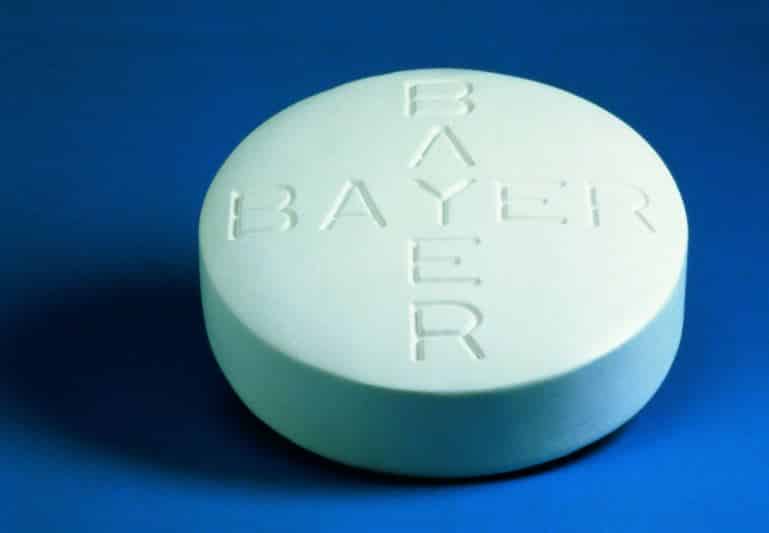Baby Aspirin Recommended During Pregnancy to Reduce Risk of Preeclampsia

The U.S. Preventive Services Task Force issued a new recommendation for the use of low-dose aspirin as a preventive medication for preeclampsia, a hypertension disorder in pregnant women that can lead to maternal and infant death.
“The evidence holds up. We have a way to reduce the risk of preeclampsia, which is a very concerning disease that leads to morbidity and mortality for both moms and babies and health disparities, and the medication is not expensive,” said Aaron Caughey, a member of the U.S. Preventive Services Task Force and professor and chair of the Department of Obstetrics and Gynecology at Oregon Health and Science University.
The USPSTF consists of a panel of 16 non-federal employees from across the country, who specialize in research in preventive medicine, such as OB-GYNs, and provide recommendation statements based on extensive analysis and public comments.
In 2014, the task force recommended the use of low-dose aspirin, typically about 81-mg dose, starting at 12 weeks of pregnancy as a preventive medication for preeclampsia for persons who are at high risk, such as those with diabetes.
Preeclampsia is thought to arise from abnormal placentation, changes in inflammatory processes, and increases in blood pressure during pregnancy, but Caughey said its etiology is uncertain.
Caughey also said the reason why aspirin may help reduce the chance of preeclampsia might be its ability to mitigate the implementation of the placentation and reduce inflammation in the body.
The task force revisits their recommendations about every five years to examine new evidence, and in late 2018 and 2019 took another look at the topic.
The 2021 recommendations came after the task force conducted a systematic review of trial data of both maternal outcomes and prevention of preeclampsia that was derived from 25,000 pregnant women between January 2013-January 2021.
The analysis of the available evidence prompted a change in the recommendations, which now put a stronger emphasis on moderate risk factors for preeclampsia, including race, socioeconomic status, and a previous In vitro fertilization pregnancy.
“The Black patients we take care of have higher rates of blood pressure and diabetes, and even when you control for those, there’s still higher risk factors for preeclampsia,” said Caughey.
Evidence provided by the Task Force in the new recommendation supports the disproportionate impact observed for non-Hispanic Black women, as preeclampsia was estimated to occur in 69.8 per 1000 deliveries among Black women compared with 43.4 per 1000 deliveries among White women.
“Racial disparities are a huge problem in maternal health, and we need to look at socioeconomic and demographic factors that create risk going into a pregnancy,” said Laney Poye, director of communications and engagement at the Preeclampsia Foundation.
“Overall, clinicians are seeing a sicker population of pregnant women, and since the 2014 report we are seeing a growing gap in racial disparities in maternal health care,” said Poye.
The Preeclampsia Foundation is a national organization that works to improve the outcomes of hypertensive disorders of pregnancy, as Poye said that 60% of preeclampsia-related deaths are preventable.
“One of the things we work hard to do is to help patients understand why their doctors are talking to them about aspirin. We have resources on our website to let them know what to talk to their doctors about with preeclampsia,” said Poye.
Preeclampsia contributes to 4% of maternal and infant morbidity and mortality rates in the US, and accounts for 6% of preterm births and 19% of medically indicated preterm births, based on evidence reviewed by the task force.
“One of the reasons they reissued these recommendations with stronger language is that we know maternal mortality and morbidity is going in the wrong direction, and this is a way to emphasize to the OB-GYN community that this is one way we can address one aspect of that,” said Poye.
This article has been changed since publication to correct errors in the original. The Task Force recommended the use of low-dose aspirin starting at 12 weekss of pregnancy. Also, the number of members on the task force is 16, not the 14 originally reported.
























